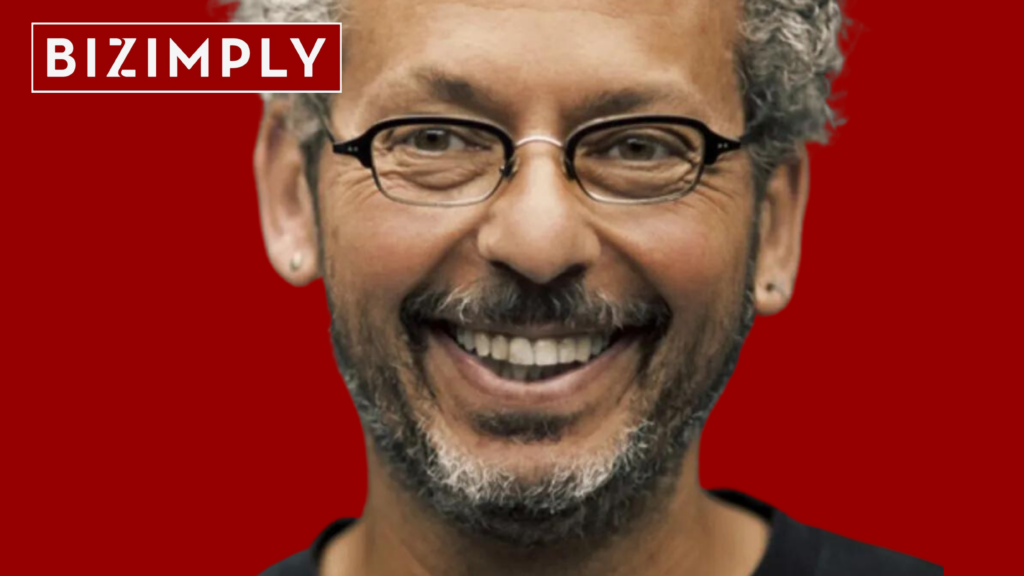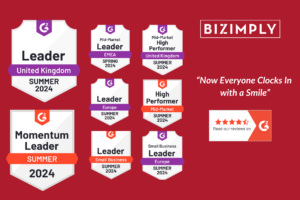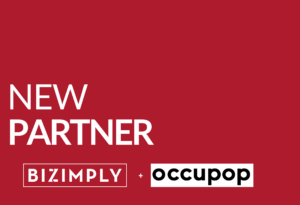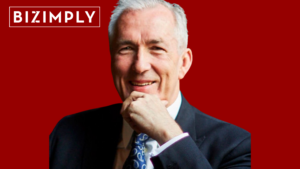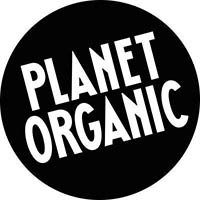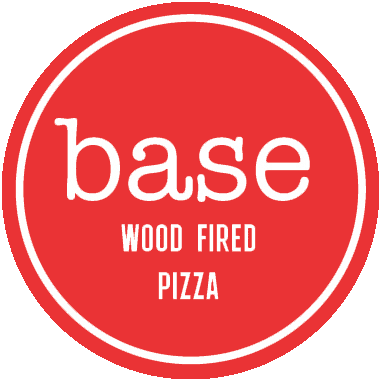“There’s nothing really amazingly great that happens quickly. Only bad things. Hurricanes, earthquakes, pandemics… But good things take a long time to happen. So, if you look at your business like you’re building an ecosystem, like you’re starting a farm, it’s not like you’re going to have the best farm in the county in the first six months. I mean, it’s impossible.
Ari Weinzweign
We’re happy to announce the launch of a brand-new series here on Bizimply’s blog!
🎧 Some of Bizimply’s favourite episodes from The Hospitality Mavericks Podcast, hosted by Michael Tingsager will be featured on our blog!
Today, let’s delve into the importance of Visioning for Businesses, revisiting the inspiring story behind Zingerman’s Community of Business in an interview Ari Weinzweign gave on the podcast.
The interview is a true guide on how to build a great business for the long term, providing insights for hospitality managers (and any person that wants to do something meaningful, really!).
Weinzweig is the author of a series of books and pamphlets, including ‘The Guide to Good Leading Series: Parts 1, 2,3 &4’.
Note: If you are curious, check out Weinzweign’s first chat on the Hospitality Mavericks. They talked about self-leadership and how great businesses can also make a significant positive impact on people, the community, and our planet.
Main Highlights:
- How does the ‘coolest small company in America’ build their great business?
- How can vision impact business from the start and throughout your business life?
- What is the indispensable role of a CEO or founder in this process?
- What are the Zingerman’s 12 Natural Laws of Building a Great Business?
Journey into Hospitality: From Uncertainty to Purpose
After graduating, Weinzweig shares his first steps in the hospitality industry. There was no clear purpose at the beginning.
“…When I finished school I had no vision at all. I had only what David Whyte (the English/Irish now American writer and poet) calls ‘The via negativa’. Which is where you are clueless about where you would like to go but you’re very clear about where you do not want to go. — I wouldn’t really recommend that as a life path but it’s better than nothing. Because at least you could eliminate some of the options —. So, I knew I really didn’t want to go home.“
“And, natural law number four on the list is: People do their best work when they’re part of a great organization, right? I think conversely people do their worst work when they’re part of an unhealthy organization. And you know in our context we’re going to look at that as a business, but I think it’s also true of communities. In a good way, part of who I am is formed by staying in Ann Arbor and not by going back to the suburbs of Chicago”
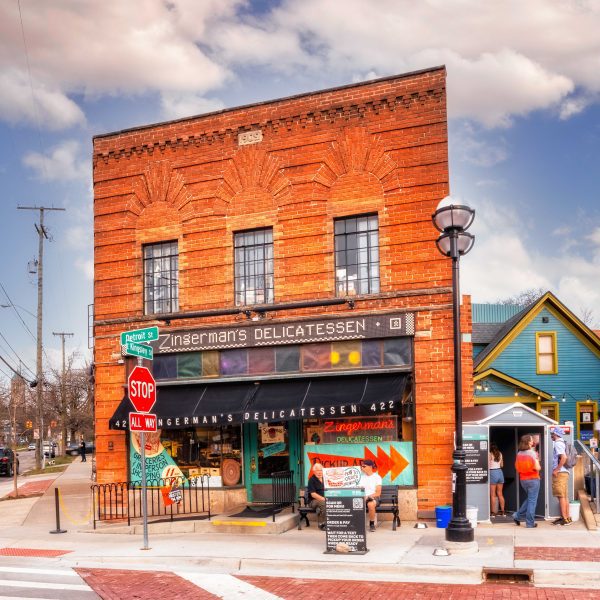
“…Anyways. 44 years ago, I think this week Michael, I took a job as a dishwasher I had applied twice before. First as a server and then as a busboy, but I didn’t get hired. […] And I took the dish job, finally ‘cause I’d said ‘I’d do anything’. I was running out of money. Unlike a lot of people that you probably interview I had no life ambition to be in the food industry. My mother wasn’t a good cook. I didn’t grow up with all these great family recipes. I never had some big business dream. In fact, I had very negative beliefs about business.”
Founding Zingerman’s Delicatessen
Weinweig met Paul Saginaw at this restaurant. Along with Saginaw, Weinzweig founded Zingerman’s Delicatessen in 1982. He describes how even if they didn’t call it a vision, they always had something in mind.
“the new pamphlet I have out, as of yesterday, is called the “Story of Visioning at Zingerman’s”. And it’s all about this story. When we opened, we didn’t call it a vision, and we didn’t write it down the way we do now, but we had one. Because, as you know from reading the book (The Alchemist by Paulo Coelho) it’s a natural law of business that everybody who made something great — I am not saying we are so great, but — (everybody) that made something meaningfully great happen had a vision. Like they had something in their heads, you know? You had one for this podcast. People have one for their restaurant or their bar or their hotel, or whatever it is that they’re doing.”
That ‘something in their head’ had six key areas that would ignite Zingerman’s vision.
“ours, in hindsight, would have included six key areas. First, we wanted something really unique. So we didn’t want to just go, ‘Oh, we’re gonna copy New York, or we’re going to copy Detroit, or we’re going to copy Chicago’. Second, we wanted great food. And third, we wanted great service. Fourth, we wanted a great place for people to work.“
“Fifth, we were pretty adamant from the beginning, and still, to this day, we would do it in a very down-to-earth setting. Especially at that time, I mean, there were a lot of high-end food places and retail places, let’s say, in New York. That was very like, you know, you certainly had those in London that were the same in the old days. And we wanted to be much more accessible. So, whether you knew about artisan cheese or not, you would feel comfortable. We would help you feel comfortable trying it and making your own decisions.”
“And then, last but not least, we were very clear from the beginning that we didn’t want to franchise. We didn’t want to open multiple units; not judging those who do. For me, it’s much more meaningful to do something really amazing that people will eventually come from all over the world to remember in a meaningful way. And that is what we set out to do.”
What Sets Zingerman’s Apart?
He explains what makes Zingerman’s idea unique.
“…Well, I think what made it unique in 1982, of course, is not all what makes it unique now. In 1982, it was very unusual, at least in the States, to combine the idea of doing sandwiches and also selling retail food. Today, there’s probably no supermarket in the world that doesn’t have that combination. But, at the time, people in the restaurant world thought we were nuts for having retail. The retail people thought we were nuts for doing the opposite. So, anyway, that was odd. And then we had all this traditional Jewish food that Paul and I had grown up with. But we were also selling ham and bacon, things that in the Jewish world were very taboo. Just combining all of that together was unusual, and, like I said, doing it in a very down-to-earth way was unusual.”
“I realised a few years ago that we were part of a culinary revolution in the US, but it’s not like we were trying to be part of it, and it’s not like we started it, but we were there. I mean, today there is whatever goat cheese at every upscale supermarket in the US. But at the time, there were only two goat cheeses you could get in the whole country. It wasn’t like there were hundreds of people walking around all day going “I need goat cheese”. All of those things were unique at the time.”
“What I would say since much of that has been done […], I think now it’s really about the energy. It’s about ethos, philosophy, the way we work together and all the things that come from that. I mean, there are dozens of them. The visioning process, open book management, the workaround dignity, the workaround involving people — not from a cliche diversity inclusion standpoint, which is very important also from a meaningful standpoint — but because we’ve always been about trying to get people involved in the organisation, and that continues to do so to this day.”
Since you are here… Bizimply is an all–in–one people and shift management solution that changes forever the way businesses manage and engages with their employees. Spend less time on scheduling, payroll, track staff time and attendance and more so every shift runs like clockwork. Book a demo today to see it in action.
The truth is that when people say you are nuts, that’s probably the best place to be.
“Well, yes. Fully agreed. I mean, when we opened, the general wisdom was that we were doomed to fail and would be out of business in a year. Ann Arbour had 10 or 12 delis close by, and it was considered a bad neighbourhood. Before cell phones, it was very hard to find because people didn’t have a map in their pockets all the time. Six, seven years later, everybody thought we were brilliant, genius. And the pattern has been repeated all the time. So, yes. Absolutely.”
“I have sort of long-held this realisation that businesses that started in difficult times tend to be more resilient. People who start in good times often get diluted into thinking it’s them that’s making it all happen. And I don’t mean we don’t have any important roles to play. But there is good fortune. A community, you know? I don’t think it’s all luck, obviously, but at the same time, it’s easy to get the belief that you’re so great, and I don’t think we’ve ever had that belief, and I think starting in extremely difficult economic times for us was the norm. […] I think that when we started, it was a very hard time to start, in a sense.”
Zingerman’s 12 Natural Laws that Guide Renowned Businesses
He later described how renowned businesses tend to follow, or at least be aware of 12 natural laws
“Anybody who is running a healthy organisation is probably living in harmony with those 12 natural laws, they just don’t know it.”
“I keep hearing the same thing, you know, from great athletes, from musicians, from great leaders in anything. Teacher, parents… They all do those 12 things… That’s why I would suggest those natural laws because it’s not a new technique. It’s just what you do.”
“ […] The problem is it’s easy to forget the number one, and then, typically, what happens when we go is that when you are the founder — the early leader —you do them. But the people around you are not doing them because no one taught it to them. And so the gap between their perception, beliefs, and behaviour, and yours gets bigger and bigger. And that creates more and more frustration.”
“It feels like you are burning out because you’re dragging everybody. Whereas if we teach this to everybody informally, formally, or both, then you know they are doing the same kind of thing. Does it mean that you all make the same decision? No. Because Paul and I don’t make the same decisions. But you’re trying to do the right thing.”
Making something great happen takes a significantly longer amount of time
“I have come to, again, look at things more like an ecosystem. In nature, very little —Well, there’s beauty and joy when a bud comes off a branch or a butterfly lands. But in a bigger way, there’s nothing really amazingly great that happens quickly. Only bad things. Hurricanes, earthquakes, and pandemics, but good things take a long time to happen. So, if you look at your business like you’re building an ecosystem or starting a farm, it’s not like you’re going to have the best farm in the county in the first six months. I mean, it’s impossible.“
“It takes years to build the soil. It takes years of mistakes, learning, trial, and error. And everything else to get it to where you want it to go. So, I think that when we understand that, we can be much more patient and not look for headlines. It’s really working for yourself and going after things you believe in, in the hopes others will also believe in them and patronise your business.”
Nurturing Your Business Vision
You must cultivate a clear picture of what you want your business to achieve, that’s visioning.
“How old are you kids?” “Ah, 7 and 3.” “Ok, so they — and I’m going to guess — already do visioning every day at home. And you know? Better than I do. But they might have made a restaurant in the living room. They might have become superheroes; they might be the Prime Minister of England or the rock singer that they admire. The next day, they’ve changed, and they have a different vision. ” “What happens when people are doing their startup and they have a vision in their head—I think this is what happens to us over time — is that it’s actually harder to do it again. ”
Zingerman’s success story serves as a beacon of hope for businesses. In a reality where 8,4 premises close their doors every day in the UK, according to AlixPartners CGA’s most recent report. That’s why it’s such an exciting story. It shows managers, founders, and CEOs that a vision is not only something to leave on your website but also a reminder of the road and the goal that you are driving with your business and your team.
Do you like our content? Share with a colleague!
